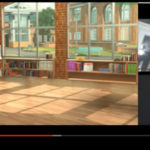
How to Add Immersive Simulations to an Online Course
Saint Leo University’s master’s degree programs in Education and Educational Specialist both have qualitative research courses that students find challenging. The courses are especially challenging



